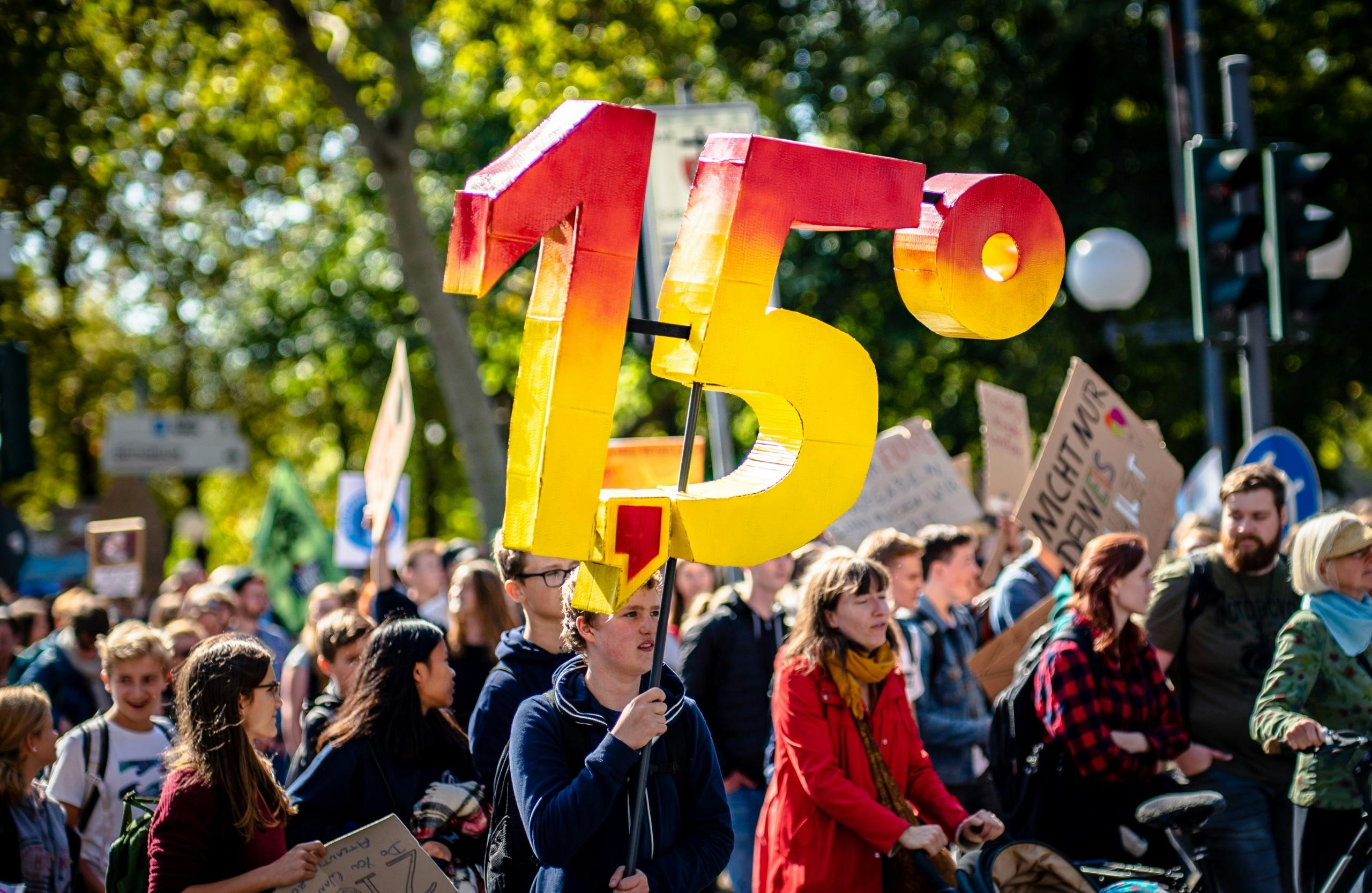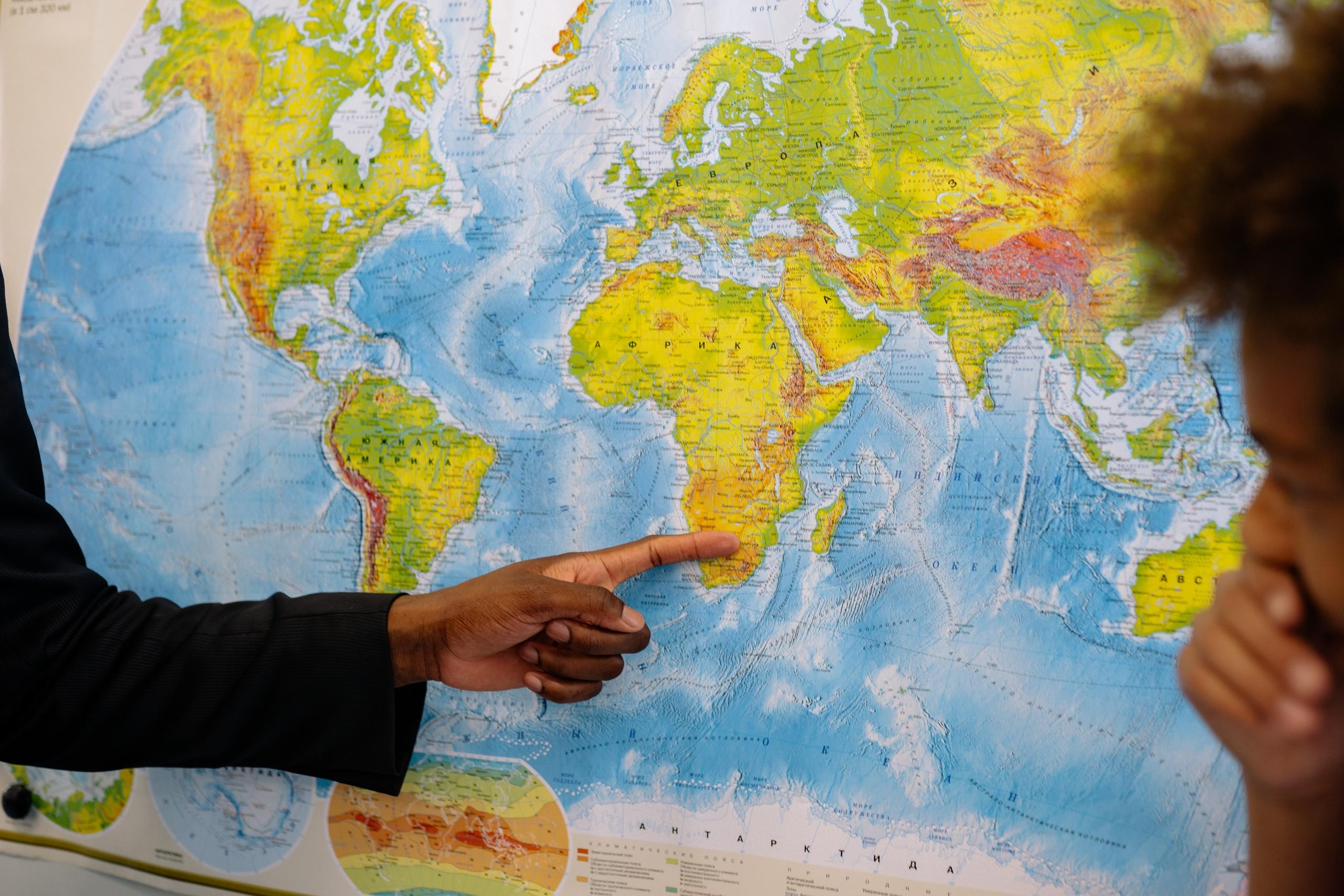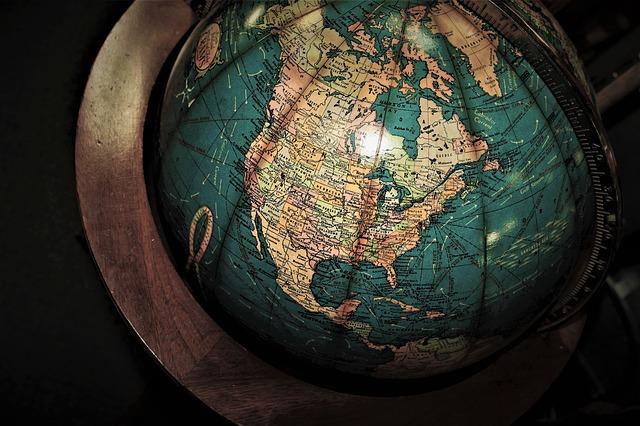Climate change is real. It is happening right now, it is the most urgent threat facing our entire species and we need to work collectively together and stop procrastinating. Leonardo DiCaprio
Climate change isn't merely a fleeting trend adopted by celebrities and influencers to appear trendy; it's an imminent and genuine threat that affects the lives of every single person as well as future generations. This global issue extends beyond being "cool" or "hip." Its social consequences include food scarcity, health issues, and inadequate shelter and have an extreme impact on impoverished nations devastated by natural disasters.
Part of the climate change definition is its profound economic implications which divert resources toward preventive measures.
Unavoidably, the effects of climate change and global warming affect us all and this necessitates a heightened awareness and a shift in our common practices.
To address this and to emphasise the gravity of these impacts, there is urgent collective action to halt the destructive course for the sake of future generations.
In this article, which investigates what the causes of climate change are, we take a deep look at what climate change is and the consequences of global warming.

What are the Causes of Climate Change?
Besides the obvious question, what is climate change, more and more people are asking: what are the causes of climate change? To answer these questions, activists are tirelessly working to advise people about the culprits of global warming and how humans are ruining their only home, planet Earth.
So, if you want to know what the causes of climate change are, here are the top 10 culprits right here.
- Overfishing,
- Oil & Gas,
- Consumerism,
- Trash and Waste in Landfills,
- Modes of Transportation,
- Industrialisation,
- Farming,
- Power Plants,
- Oil Drilling,
- Deforestation.
It's worth mentioning that this list is in no particular order and that ten causes are equally destructive to the environment.
In addition, these causes must be stopped so that the consequences of global warming will have less of a social and economic effect on people.
The Difference Between Climate Change and Global Warming
Many people commonly interchange the terms "climate change" and "global warming" without understanding their distinct definitions. If you're curious about the latest climate change definition and the nuances between these two concepts, you're in luck as we delve into their meanings right here!
Firstly, climate change refers to the study of global shifts in climate and weather patterns, including solar cycles, rain patterns, and snow variations over an extended period. In a nutshell, it comprehensively examines weather alterations.
On the other hand, global warming focuses on the Earth's overall temperature rise and its impact on oceans and habitats. It also addresses the worsening scenario of greenhouse gas emissions, one of the consequences of global warming.
While both subjects explore the social and economic impacts, the key distinction lies in their scope.
Global warming specifically covers temperature rise and greenhouse gases, whereas climate change encompasses various subdisciplines that study diverse weather patterns and shifts.
Understanding these distinctions is vital for combating ignorance when looking for a climate change definition and fostering eco-friendly practices. Education about both climate change and global warming empowers younger generations to make a positive impact through conscious practices.
For further insights into these topics, we recommend exploring informative blog articles, watching YouTube channels, or seeking guidance from experienced geography tutors. By increasing your knowledge, you can contribute to a more sustainable future.
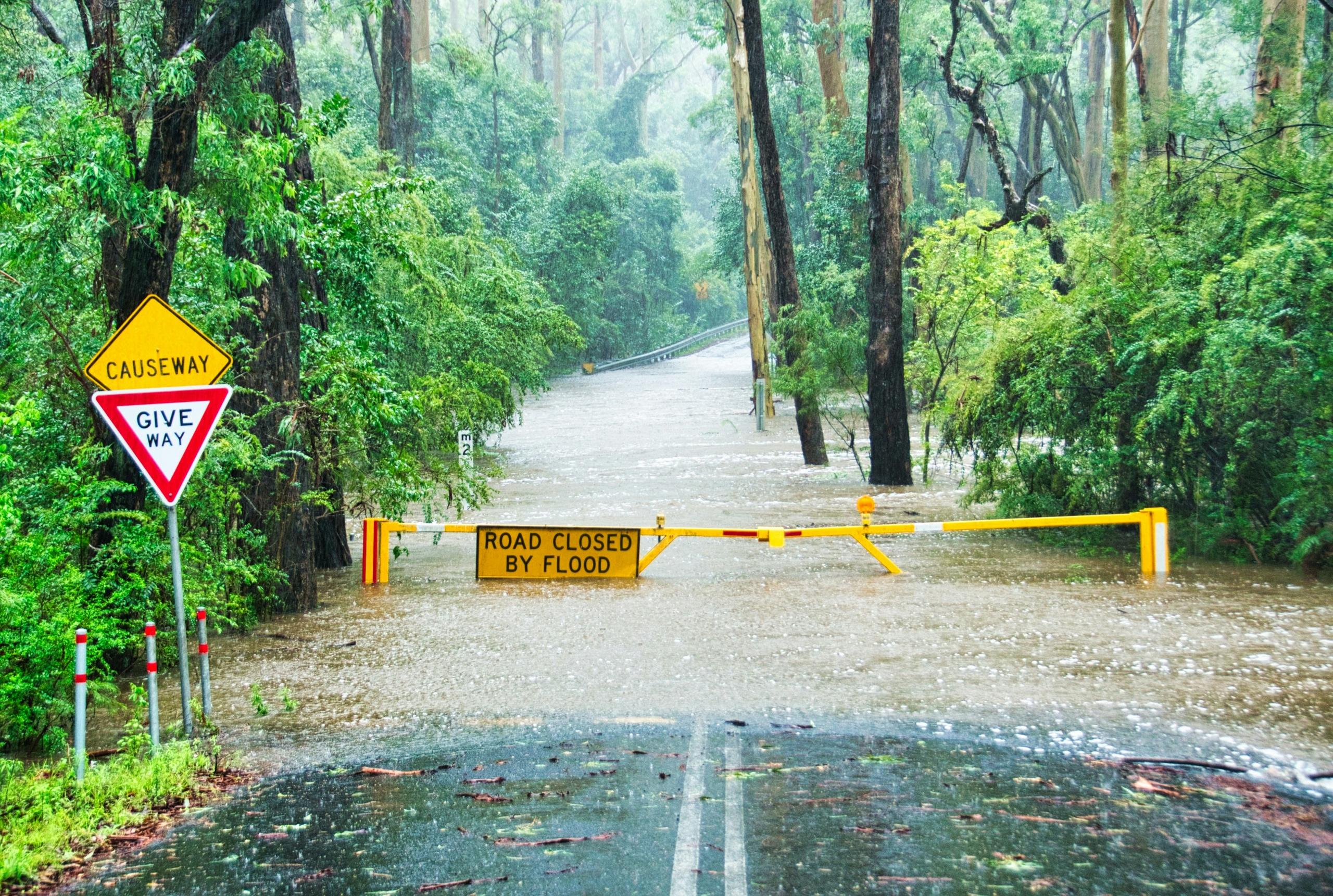
A Few Negative Effects of Climate Change
The effects of climate change are devastating all over the world and countries like South Africa have the potential to be severely impacted.
Imagine living with:
- Escalating conflicts and climate-induced migrations,
- Coastal regions of nations and cities succumbing to floods,
- Adverse impacts on marine ecosystems,
- A decline in the output of fisheries, jeopardising food supply,
- Erosion of biodiversity in terrestrial ecosystems,
- Altered seasonal patterns,
- Pervasive heatwaves,
- Surge in pests, insects, and harmful fungi,
- Heightened risk of deforestation and forest fires,
- Infrastructure vulnerabilities due to natural disasters,
- Rising concerns about food security and insufficient healthy crop yields.
- Diminished water resources.
Other negative climate change effects will include the following:
- Intense Heatwaves: expect unprecedented heatwaves and temperature rises all over the world.
- Heavy Rainfall: expect more severe rainstorms to cause flash floods and destruction.
- Rising Sea Levels: planners for cities and small towns that are on the coast should be concerned about rising sea levels, one of the main effects of climate change.
Embarking on a journey towards environmental resilience, a series of proactive measures is essential to combat the effects of climate change and the consequences of global warming.
The following list of sustainable practices will go a long way to promoting renewable energy, fostering biodiversity conservation, and implementing eco-friendly policies.
- Pure air quality,
- Abundant and pristine water sources,
- Flourishing flora and fauna,
- Mitigating risks from environmental hazards,
- Sustainable and efficient use of natural resources,
- Preserving and enriching the aesthetics, heritage, and connection to the natural environment,
- Addressing and adapting to climate change impacts,
- Waste reduction,
- Controlled exposure to chemicals,
- Strengthened biosecurity measures.
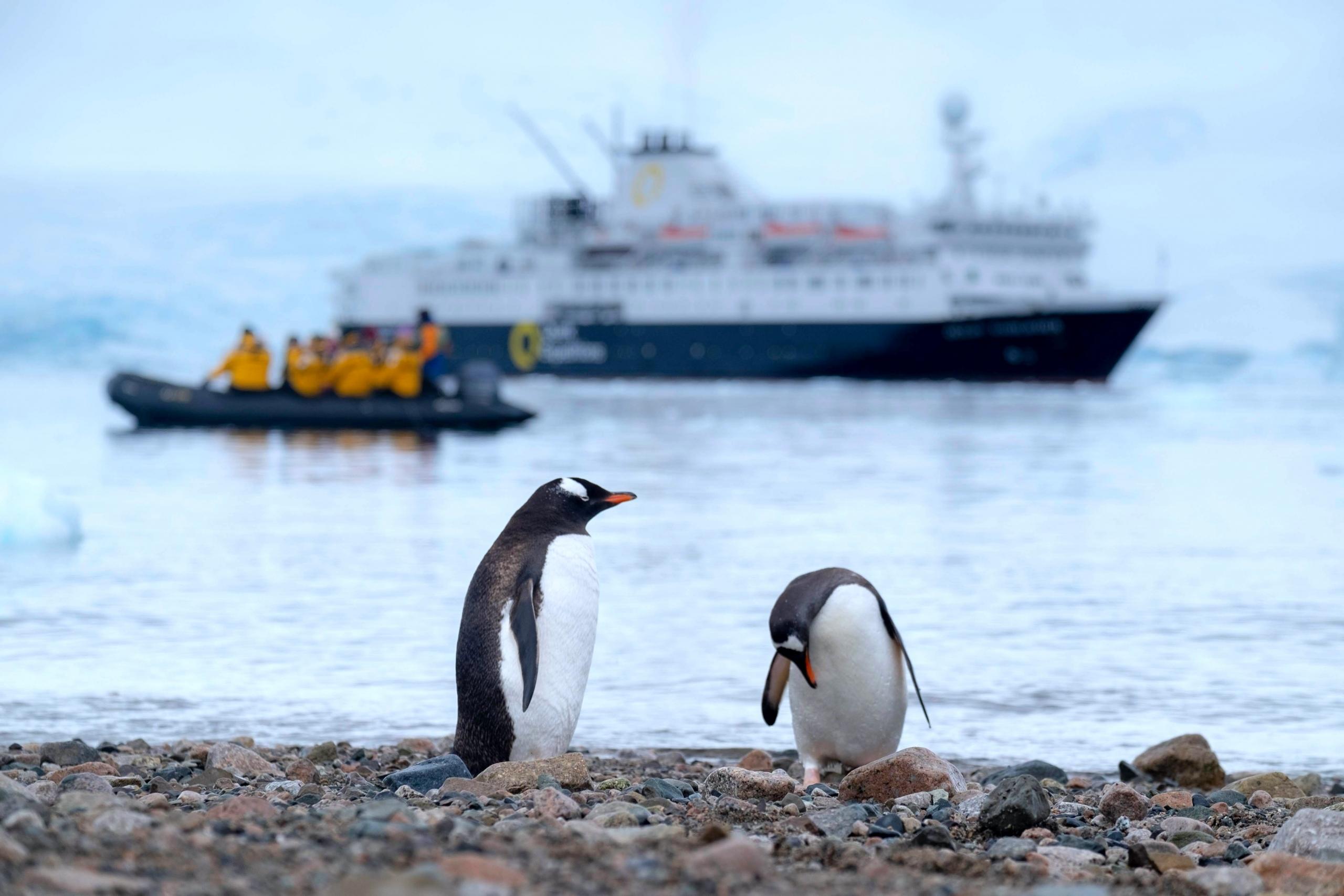
Farming and Climate Change
We all appreciate the hard work of farmers. Without their dedication and expertise, it would be impossible to fully enjoy the soil’s heartiest produce.
Farmers are our unsung heroes for societies everywhere, nevertheless, the farming sector faces a threat due to the rapid effects of climate change and the consequences of global warming. Climate change is impacting the products that we cherish. Some of these, all over the world, include:
- Wheat,
- Cranberries,
- Sardines,
- Almonds,
- Chickpeas,
- Wine,
- Scallops,
- Peaches,
- Corn,
- Coffee,
- Rice.
There's no avoiding the fact that climate change affects agriculture. But how is this possible? It's important to note that successful fruit and vegetable cultivation depends on the climate and its natural cycles and elements.
The following list highlights some of the ways agriculture relies on the world around us:
- The planting, maturing, and harvesting of crops all require stable seasonal patterns,
- Livestock depends on the right amount of food, water, heat, and humidity to grow,
- A reliable climate helps farmers predict the spread of pests and diseases,
- After the harvest is complete, temperature and weather patterns affect storage and transportation.
As global warming continues to advance more rapidly than scientists and leaders can manage, it's not surprising to discover that certain aspects of climate change, such as droughts, natural disasters, rising carbon dioxide levels, and an increase in pests, are severely impacting farmers and their ability to grow crops and tend livestock.
Although change is needed, and quickly, it's worth noting that farmers are incredibly resilient, doing everything they can to adapt to changing circumstances. For instance, farmers are overcoming climate change obstacles by:
- Experimenting with different varieties or species of plants,
- Finding new ways to ensure a consistent water supply and testing new irrigation systems,
- Using new types of fertiliser, tillage methods, grain drying, and other field operations to promote stronger crops during any season,
- Learning how to manage fire risk for crops and implementing new measures for plant safety.
By understanding the challenges that climate change poses to farmers, we can better appreciate their efforts to continue providing us with the food we need for a healthy diet.
In conclusion, learning more about climate change is necessary since it can help individuals raise awareness of the cause and learn how we can collectively work together to stop global warming before it's truly too late.
Summarise with AI:

